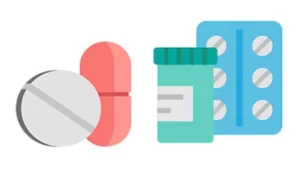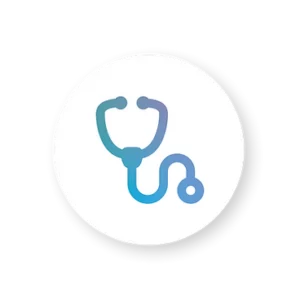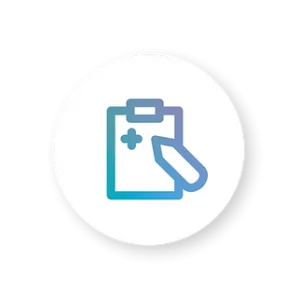Tips for Doctors Visits
Learn how to navigate a visit to the doctor’s office when diagnosed with autoimmune hepatitis (AIH).
Tips Before Your Visit
Write down questions in advance.
Limit your questions to just a few per visit. Be sure to ask your most important questions first because doctors have limited time for each patient. Remember, this is your appointment, and you should help set the agenda. If you have a large number of questions, consider scheduling a follow-up appointment.
 Bring a list of all medications, supplements, and vitamins you take.
Bring a list of all medications, supplements, and vitamins you take.
Certain supplements can harm the liver, so it’s important for your doctor to know what you’re taking.
Bring a family member or friend to help take notes.
Research suggests that patients remember only a fraction of their doctors’ recommendations, so it can be helpful to take a family member or friend to your visit.
Arrive early.
Arrive early for your appointment in order to fill out any needed paperwork. Ask your medical office how early to check in.
During Your Visit
Be prepared to wait.
Have enough time in your schedule in case your doctor is running behind. Doctors can often run behind due to circumstances beyond their control.
 Share your health history.
Share your health history.
Be honest with your doctor about your health history, and share pertinent details. Doctors are able to provide the best care when they know their patients’ full health histories and habits.
Understand options for future care.
Ask your doctor if he or she offers virtual visits and will allow you to get your regular blood work done at your primary care doctor’s office. This is especially helpful for patients who travel long distances to see a specialist.
Complete follow-up tests.
Schedule any tests, procedures, or follow-up appointments your doctor requests. Be sure to check with your insurance company to understand any costs you may incur.
Direct your doctor to the AIHA.
Tell your doctor about the Autoimmune Hepatitis Association so he or she can direct other patients to the resources we offer.
 Summarize care plan.
Summarize care plan.
At the end of your visit, it’s often helpful to summarize the plan for your care and any next steps to ensure you fully understand what you need to do next.
Prepare kids for the appointment.
In order to put your child at ease, dress your child in comfortable clothing. Athletic wear can be helpful. Consider bringing favorite or entertaining items such as blankets, stuffed animals, books, games, or a tablet. You may be waiting for your appointment to start. These will help pass the time.
